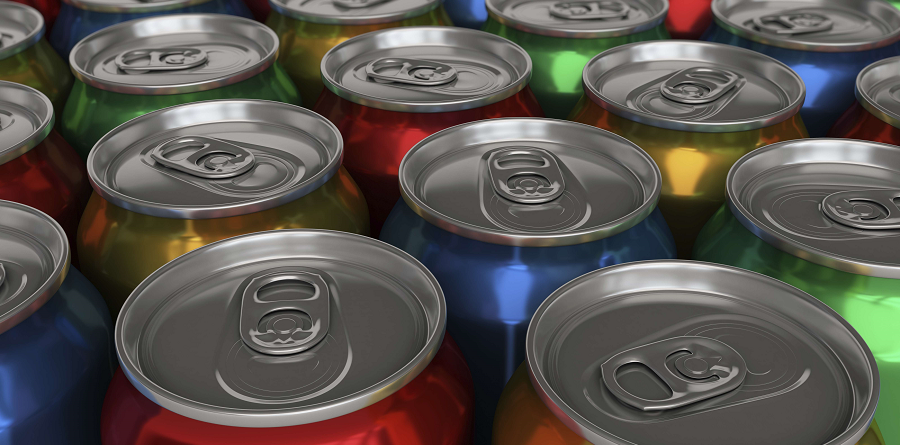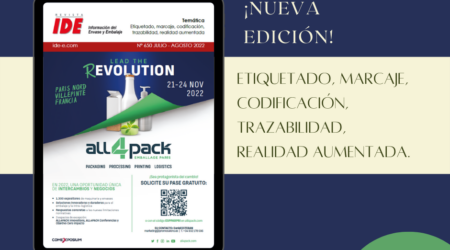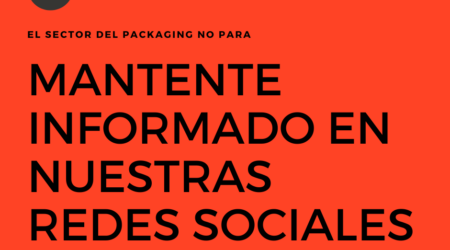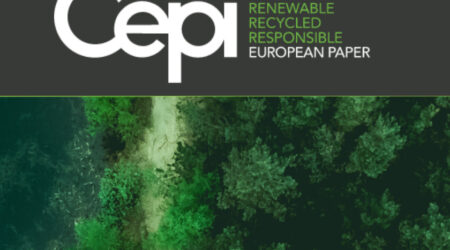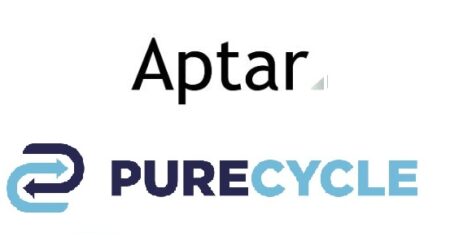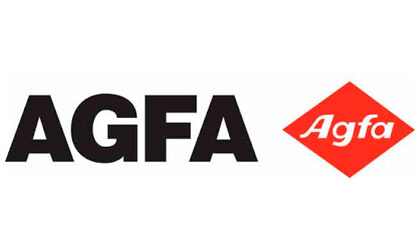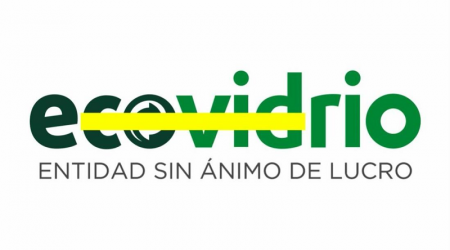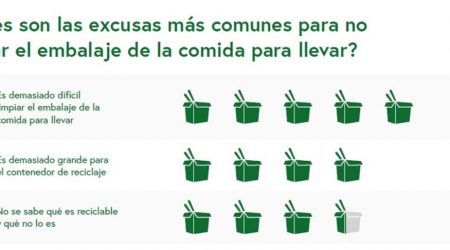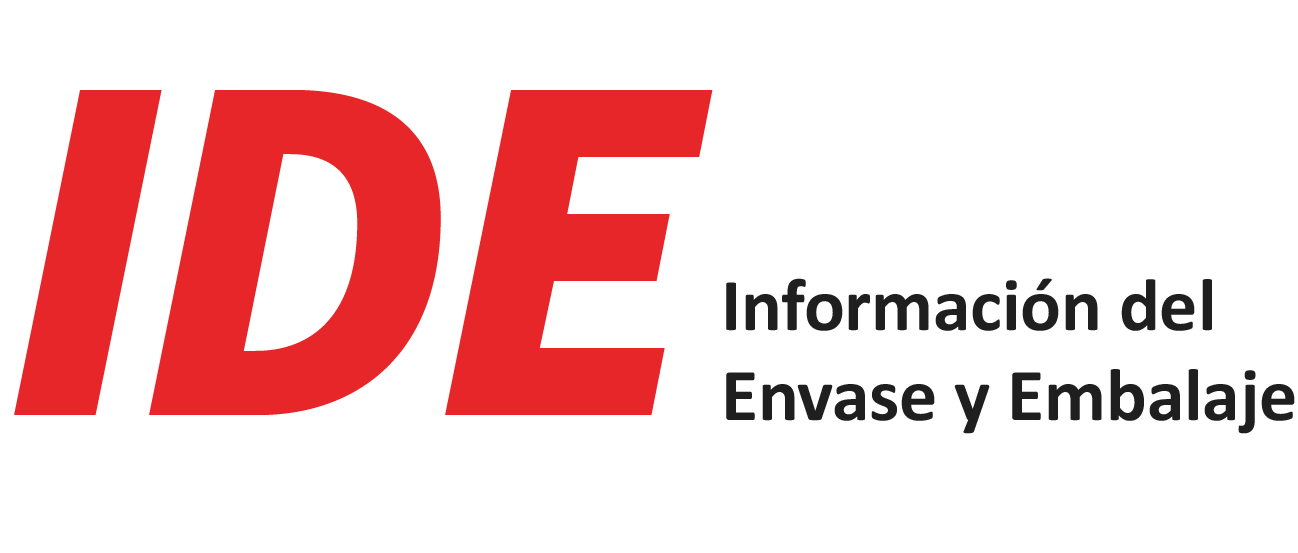Aluminium Beverage Can increasingly popular
New GDA survey of 5,000 consumers
Many consumers in Germany have small knowledge about the environmental friendliness of various beverage packaging. These are the findings of a recent Civey opinion poll of 5,000 people commissioned by Gesamtverband der Aluminiumindustrie e.V. (GDA). According to the survey, although half of all Germans are buying beverages in cans regularly, the knowledge about the beverage can is low and consumers have numerous prejudices.
Only 42.4 percent of consumers believe that beverage cans are fully recyclable. 7.3 percent of those surveyed were even convinced that beverage cans made from aluminium or tinplate cannot be recycled at all.
In fact, unlike other beverage packaging, the can is completely recyclable and can be recycled again and again without loss of quality – for example for new beverage cans or as a component of an electric car. Its most important property, infinite recyclability, enables a closed material cycle and makes aluminium an ideal material for a circular economy in times of increasing disposal problems and littering of packaging waste. In Germany, 99 percent of all beverage cans are recycled. The return rate due to the deposit is higher than in any other country in the world.
«The survey clearly shows that the image of the beverage can is based on a lack of information and prejudices. With a recycling rate of 99 per cent, Germany is the world leader», says Jörg Schäfer, head of sustainability at GDA. In addition, he said that the can manufacturer and the aluminium industry as a whole have improved significantly in many areas e.g. raw material, water and energy demand. If the appropriate recycling technology is used, it is possible to achieve high levels of recycling for the production of aluminium beverage cans. «The European aluminium industry, for example, has reduced its total direct CO2 emissions from primary production to 55 per cent per tonne since 1990».
Studies also commissioned by GDA show that packaging play an important role when it comes to assessing the environmental friendliness of a beverage supply chain (51.4 per cent). However, transport and content were less important in the eyes of respondents. This attitude does not fit. According to data from the German Packaging Institute, the ecological footprint of a package is on average ten times less than that of the packaged product. If the product is spoiled or damaged the ecological damage is higher than the efforts to produce the packaging.
However, environmentally friendly packaging is above all packaging that is easy to sort after consumption or whose materials can be easily separated and can be reused again and again in a real recycling cycle.
Indeed, the can has an important place in an ecologically advantageous overall system. It protects certain light-sensitive foods, such as beverages containing yeast or protein. As a single-material packaging, it is the best beverage packaging of all to recycle. This is particularly important because recycled aluminium uses 95 per cent less energy than primary production and the aluminium does not have to be recovered.


